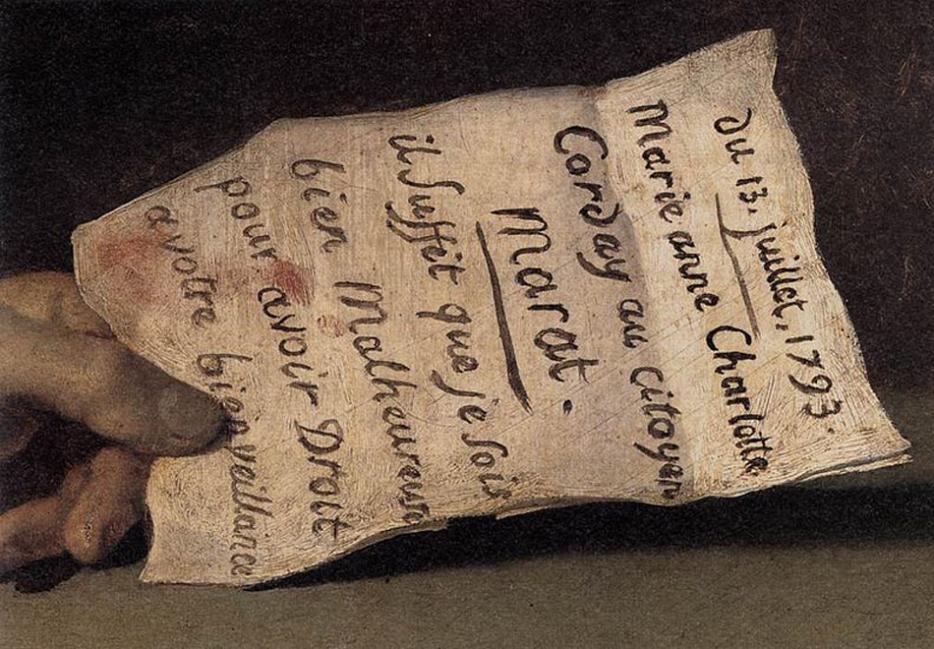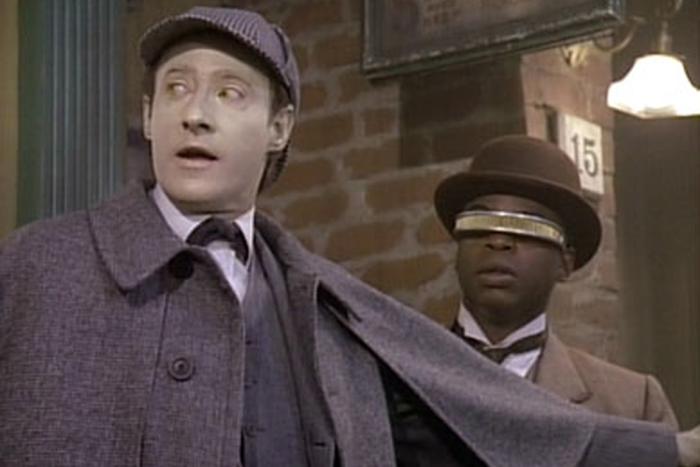I was, as far as I know, the last person to talk to my friend Ross. I know we spoke on the phone, but I don't really remember about what. I think I told him to take care—I assume I told him to take care, because I knew he was calling from the hospital.
I didn't know he was there because he had swallowed a few handfuls of Tylenol 3s—he had big hands, too—and a bottle of vodka. He hadn't shown up at work that morning, and after we couldn't get ahold of him any other way, we managed to track him down at a hospital on the north end of Edmonton. We stopped by, but he was asleep, and had, I think, asked not to see anyone, which is apparently the right of self-admitted patients.
We were just happy to know he was OK and around. And, anyway, I did have a chance to talk to him again. He called, and I think I told him I'd see him when I got back from a trip I was taking—I know I was thinking about it, and I know I was kind of annoyed that all of this was happening the day I was leaving, that I had other things to worry about. I have no idea what he said to me. I try every so often to try to drill into my mind and come up with words, but they were nothing that even left an outline. Some time not long after, he walked to the High Level Bridge, a black steel span that crosses Edmonton's River Valley, and jumped off it. He is not even the only person I know who has done that—like any bridge, the High Level is a magnet—though he is the only one I talked to before.
He comes to mind—or, at least, this incident comes to mind—whenever suicide drifts across my consciousness. It's not often.
There are certainly many for whom L'Wren Scott was a notable figure, though I personally never noted her until news broke of her suicide last week. There's an odd kind of interest that follows the suicide of anyone notable, even that inconsistently notable—an interest that is never really matched by any other kind of death, and not many other kinds of life. Something well beyond the usual gossipy gawking, not that it isn't tinged with bits of that.
Still, even the worst kind of gawking is a way of setting our own boundaries, of testing the fences of our selves and opinions from a safe distance. And celebrity suicides are pretty much the only public awareness of suicide we get, the only time when we are both confronted by the reality of it but comforted, however morbidly, by the distance. It's even stronger when it's someone who seemed to give us some insight into their pain, even if only in retrospect, as the playing-out of Kurt Cobain's anniversary, and the fascination that's endured, suggests.
Many media outlets have standing policies to avoid discussing suicide, or at least your run-of-the-mill suicides, one theory being that paying attention to it and publicizing it might give people more reason to go through with it themselves. The notion that this sort of attention could serve as a catalyst for self-obliteration is absurd; absurd, but also not strictly wrong, I don't think. When suicide is covered, it's almost always packaged into some other narrative, something like a consequence of some deeper societal ill—lately, a lot of bullied teens.
The media's search for bigger narrative is a mirror of our more personal ones, though. If there is always something uncomfortably natural about the way we turn all death towards ourselves, the way we turn a memorial into a way to cope with our loss, suicide increases this instinct exponentially. There's no escaping some sense of culpability, nothing that fully flushes the poison of what you might have done or said or even just noticed that might have changed things—only anti-venoms that can keep it from being all-consuming. At best, they can maybe provide some kind of reconciliation with the act itself, but to look beyond your own pain and try to understand someone else's, especially when they're the cause, is not something that comes easy. My grandfather took his own life nearly 30 years before I was born; it is not something that is even acknowledged by most of my family to this day. It's a wound that is not going to be healed.
And maybe it never actually is. I think, or maybe hope, that we can all at least understand the beginning of the thought process, can understand that the world has a capacity to cause hurt and pain and humans have an even greater capacity to feel it, even if we never get any closer than that. Even if sometimes we try very hard to not get any closer to that.
But we might at least be able to talk about it some more, though, and not just to the people who are considering it (though there is enough research to prove that that helps, and there's not enough I could say to recommend it to anyone who may need it). Because it will still happen, and we will still be here, and it is the only thing we can do to make that any kind of OK.
The last conversation I had with Ross is a chasm in my self as much as my memory, so much incredible nothing where I would make do with anything, and long for one thing in particular. If it can't be changed, one more reminder that our chances to talk are forever fading away.
Image via






